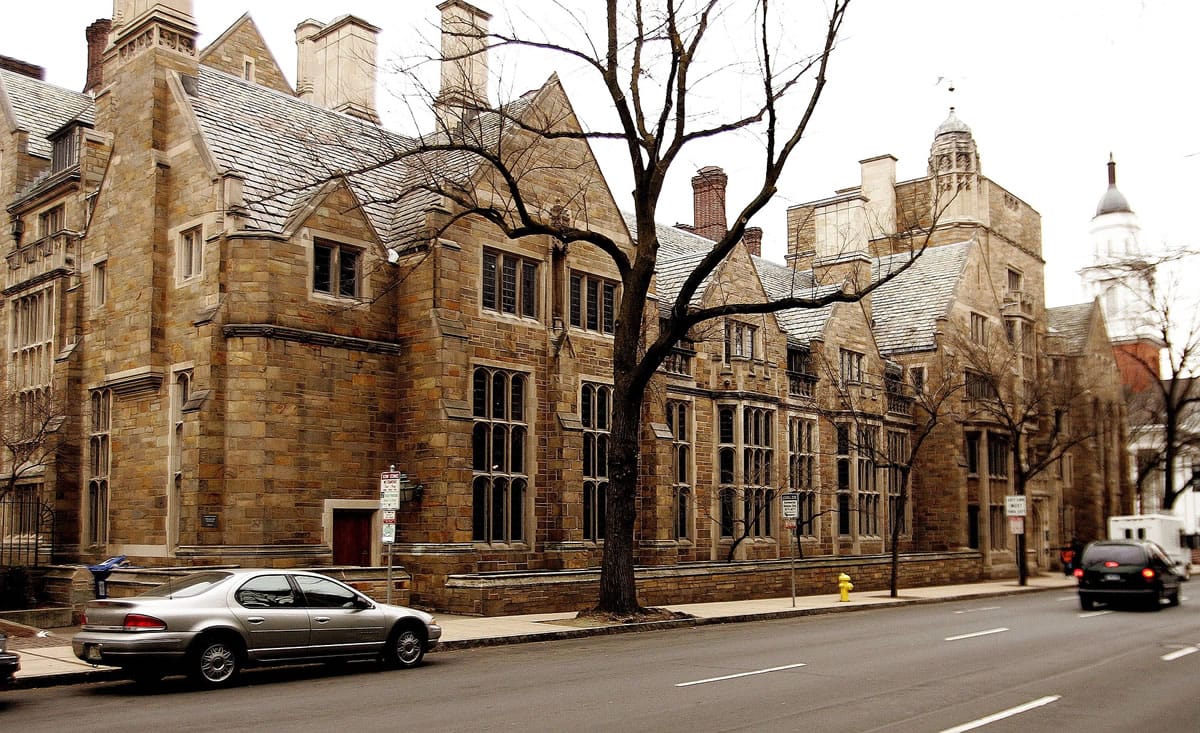Local Angle
In Clark County, there is a highway marker dedicated to Jefferson Davis, president of the Confederacy. According to the county website, the marker that sits on private property in Ridgefield marks a grass-roots project led by the Washington Division of the Daughters of the Confederacy for the designation and commemoration of Highway 99. It was listed on the Clark County Heritage Register in 2002. There is no movement to remove the marker.
HARTFORD, Conn. — The massacre at a predominantly black South Carolina church has institutions from Alaska to Connecticut evaluating whether they should continue enshrining the names of historical figures linked to slavery and the Confederacy.
The June 17 slaying of nine black worshippers led to calls to curb displays of the Confederate flag after photos emerged showing the suspect posing with one and burning the U.S. flag. But it also has added urgency to discussions on whether it is time to do away with names given to schools, colleges and streets that have come to be seen in a new light in places far outside the South.
A petition is calling for Yale University in Connecticut to change the name of its residential Calhoun College, which honors 1804 alumnus John C. Calhoun, a prominent advocate of the slave plantation system who became a vice president and U.S. senator from South Carolina. The petition says the name, in place since the 1930s, represents “an indifference to centuries of pain and suffering among the black population.”
Yale spokeswoman Karen Peart said the university welcomes the discussion. “The tragedy in Charleston, on top of countless preceding tragedies in our country’s history, has elevated public opinion and discourse on difficult subjects that have too long been avoided,” she said.
Other campaigns around the country include efforts to change the names of Lake Calhoun in Minneapolis and New York City’s General Lee Avenue in Brooklyn, named after Confederate Gen. Robert E. Lee. In Helena, Mont., officials will meet Wednesday to discuss whether anything should be done with a downtown memorial to fallen Confederate soldiers. The foundation was built in 1916 by the Daughters of the Confederacy.
The Charleston shooting took place during Bible study at Emanuel African Methodist Episcopal Church, and the man charged in the attack, Dylann Roof, posted photos online showing him holding a Confederate flag, along with writings laying out hatred of minorities.
David Glassberg, a University of Massachusetts professor who has researched public memorials, said the naming or renaming of buildings, monuments and even fundraising dinners is always political. And at the time when many were named, African-Americans did not have political power.
“For sure, African-Americans knew that these people were who they were, but they were really powerless to do anything,” he said. “These traditions represent the traditions of past people.”
In Connecticut, the revisionist sentiment has extended in some quarters to non-Confederate figures. The state Democratic Party will decide this month whether to strip the names of two slave-owning U.S. presidents, Thomas Jefferson and Andrew Jackson, from the moniker of its 67-year-old annual fundraising dinner. The party’s chairman, Nick Balletto, said the shooting made him think about how the party has changed and “history has not been kind” to Jefferson and Jackson.



